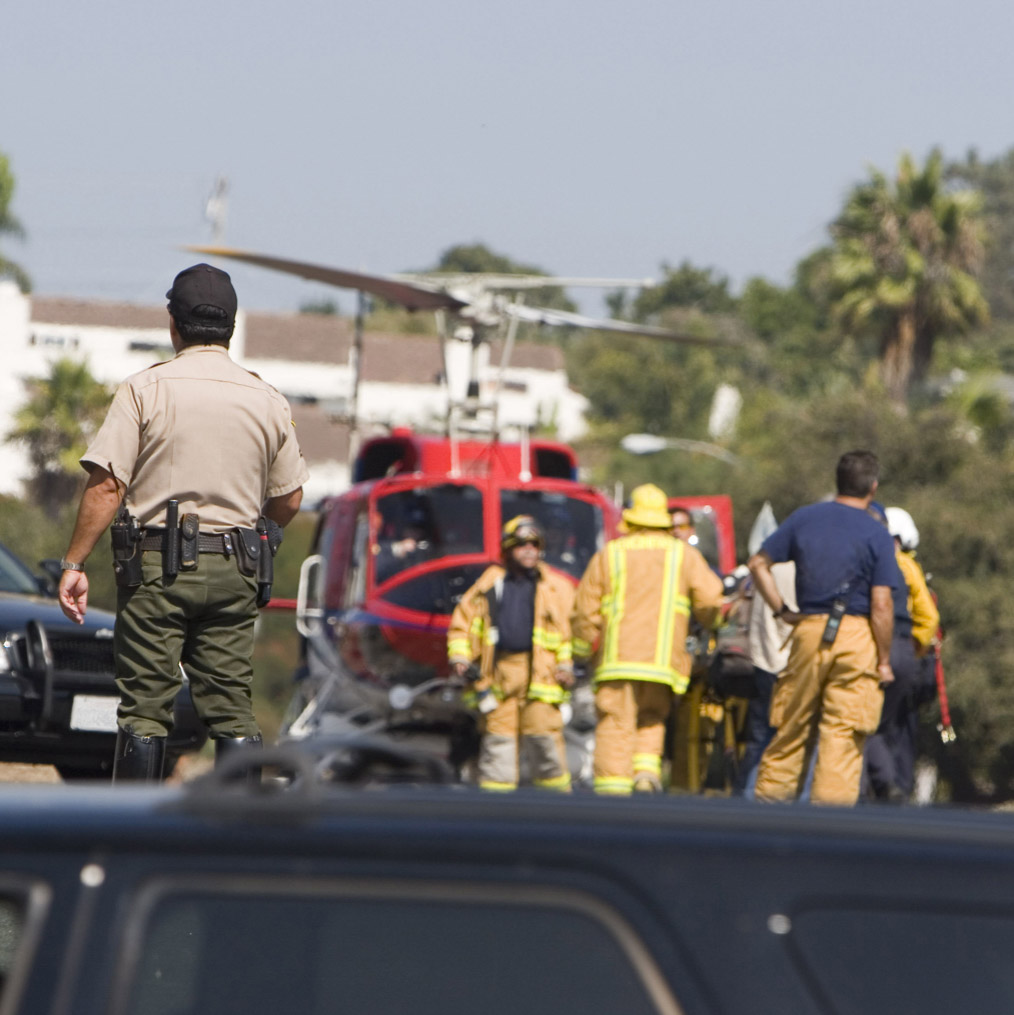Degree Type: Associate of General Studies Degree, AGS, Not Accepting New Students
Pathway: Business, Technology and Public Service
Do you thrive under pressure and want to help your community during tough times? Start your career in Emergency Management and Planning program at Pikes Peak State College! The associate of general studies (AGS) degree allows you to move into our Bachelor of Applied Science (BAS) in Emergency Service Administration without needing specific courses in fire science, emergency medical services, or criminal justice. Enjoy flexible and comprehensive coursework designed to fit your needs while preparing for a rewarding career.

The AGS in Emergency Management and Planning has been discontinued and is no longer admitting new students. Pikes Peak State College is committed to supporting current students in the Emergency Management and Planning Associate of General Studies degree program through their graduation. For current students completing this certificate, contact your faculty advisor to plan your completion of the program.

Voices of PPSC
There’s no point in making excuses. If you want it bad enough, you’re going to make it work. Pikes Peak State College has changed my life. That’s just a fact.
Kimberly Moon
Mother of four and future nurse
In times of crisis, leadership and expertise can mean the difference between recovery and disaster. Whether responding to a terrorist event, natural disaster, or public health emergency, you'll gain the theoretical knowledge and practical experience needed to enhance community resilience and effectively manage emergencies.
Explore Emergency Service AdministrationEmergency Medical Services is an exciting field with dynamic and challenging situations for those called to public service. Train for jobs like paramedic, EMT, and EMS provider in rural or hospital settings with our Colorado Department of Health and Environment-approved program.
Explore Emergency Medical Services